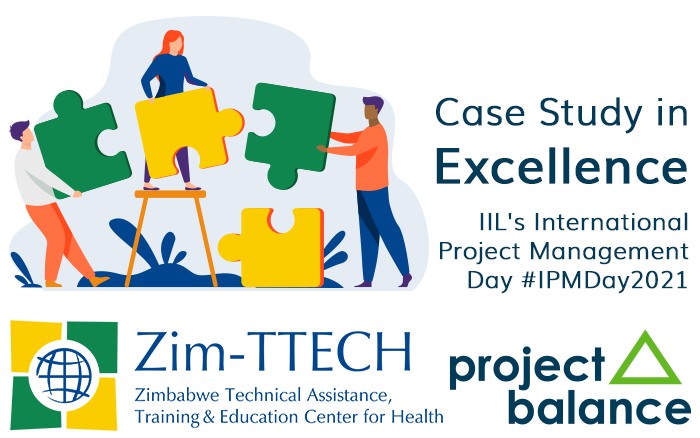
For those of you in the international development sector and involved with PEPFAR’s MER1 reporting indicators, I’m sure you are busy making changes to your data collection tools to accommodate the annual indictor adjustments. We are too! The trickle-down effect of making changes to the MER indicators are wide-ranging: from updates to paper forms to updates to electronic data collection tools and dashboards to training on the new forms. The official changes are announced in September and the updates must be available for Q1 fiscal year data collection, no later than early November.
One such international development organization is I-TECH (International Training and Education Center for Health), a center in the University of Washington’s Department of Global Health with nearly 2,000 worldwide staff in Africa, Asia, the Caribbean, Eastern Europe, and the United States. With support from the U.S. President’s Emergency Plan for AIDS Relief, through Centers for Disease Control, Project Balance has been collaborating closely with Zim-TTECH2, I-TECH’s Zimbabwe’s technology team for about 4 years, doing the initial development and ongoing maintenance of their CommCare application, data warehouse and Power BI MER reporting system. For this year’s MER reporting updates, a combined team of Zim-TTECH and Project Balance resources has been able to turn around updates to 15 forms, each with 2 to 4 significant changes, write the ETL3 for these changes and perform detailed data quality analysis representing over 200 hours of estimated effort, in time for country level training, planned for early-November.
What is it about the team make-up and tools that allowed the team to perform so well? First, the team members have strong technical capabilities. One of Zim-TTECH’s program goals was to raise the technical skills of their staff to be able to work independently of Project Balance. Last year, we established a one-to-one mentorship program where Zim-TTECH staff were assigned either CommCare form building tasks or ETL scripting tasks. Project Balance staff met with Zim-TTECH staff on a weekly basis to discuss, review and help where needed. This process built up the technical capacity of the Zim-TTECH staff members so that they could participate as equals on this year’s MER updates, when all hands were needed.
Furthermore, the team trust and collaboration levels are extremely high. The project management activities included creating a detailed task list, with effort estimates for CommCare, ETL and testing and assigning resources based on each person’s availability. These assignments were moved to a ticketing system, Sifter, which allowed the entire team to track progress. Project Balance (and now Zim-TTECH) has been using Sifter for years to help us track a project’s backlog enhancement requests and software defects. It’s a simple tool to use, very intuitive and requires very little configuration for each project. We also established two weekly meetings, one for developers to convey work status and coordination, and a larger team meeting to coordinate testing. The work is almost complete and we’ll make the early November deadline. As a project manager I’m so proud of this team. The level of professionalism and coordinated output has been textbook. For IIL’s International Project Management Day 2021, I wanted to share this example of excellence.
1 PEPFAR: President’s Emergency Plan for AIDS Relief
1 MER: Monitoring, Evaluation, and Reporting
2 Zim-TTECH: Zimbabwe Technical Assistance, Training & Education Center for Health
3 ETL: Extract, Transform and Load




